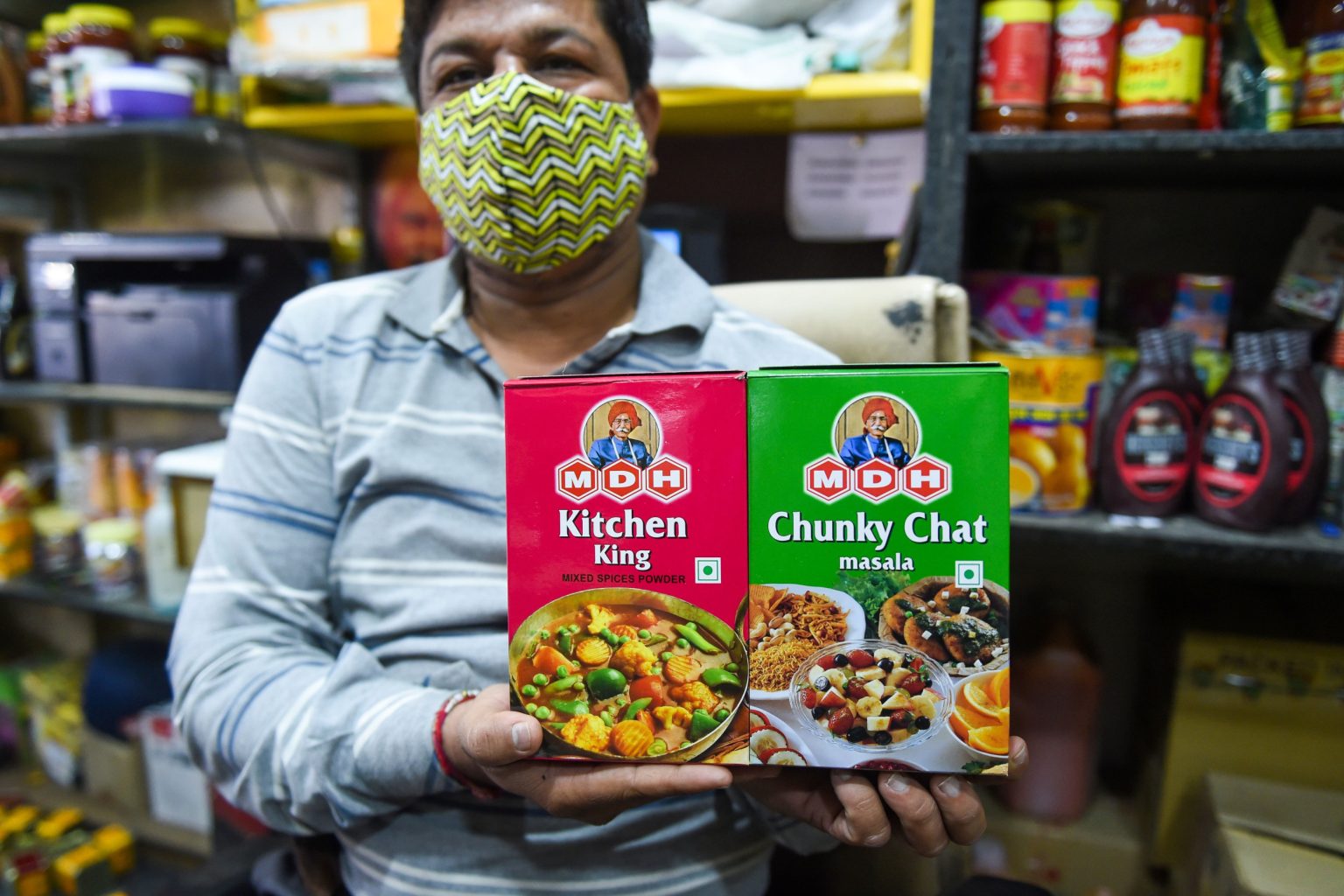Food safety regulators worldwide are investigating allegations of pesticide contamination in spice blends from two top Indian brands, MDH and Everest. The concerns stem from the presence of the pesticide ethylene oxide, which is known to be a carcinogen in humans and has been linked to an increased risk of certain cancers. While ethylene oxide is used to sterilize spices and reduce microbial contamination, its use in food is banned in many countries. Both brands are currently under investigation, with regulators in Singapore, Hong Kong, the U.S., New Zealand, and Australia all looking into the matter.
The Food Safety and Standards Authority of India is investigating the quality standards of MDH and Everest, and the Spices Board in India has initiated mandatory testing for ethylene oxide in spice consignments to Singapore and Hong Kong. The products in question include Madras Curry Powder, Sambhar Masala, Curry Powder, and Fish Curry Masala. MDH and Everest, two of the largest spice blend manufacturers in India, have been adamant that their products are safe for consumption. India is the world’s largest producer of spices and exports nearly $4 billion worth of spices annually, accounting for 12 percent of the global export market.
This is not the first time Everest has faced food safety concerns. In 2023, shipments of Everest’s Garam Masala and Sambhar Masala were recalled due to contamination with salmonella. Similarly, MDH’s Sambar Masala was recalled in 2019 for the same reason. A Reuters analysis of FDA data found that since 2021, 14.5 percent of MDH spice shipments to the U.S. have been rejected due to salmonella contamination. The investigations into MDH and Everest highlight the importance of food safety standards and regulations in ensuring the quality and safety of food products for consumers around the world.
The presence of carcinogenic pesticides in spice blends raises serious health concerns for consumers. Ethylene oxide has been linked to an increased risk of lymphoid and breast cancers and is banned in many countries for use in food products. The investigations into MDH and Everest underscore the need for stringent monitoring and testing of food products to prevent contamination and ensure consumer safety. As regulators around the world continue to investigate the alleged pesticide contamination in Indian spice blends, it is essential for companies to adhere to food safety standards and regulations to protect the health and well-being of consumers.
As the world’s largest spice producer, India plays a significant role in the global spice market, with exports accounting for a substantial portion of the country’s economy. The allegations of pesticide contamination in spice blends from top Indian brands like MDH and Everest have raised concerns about the overall safety and quality of Indian spices. It is crucial for regulators and industry stakeholders to work together to address these issues and uphold the integrity of the food supply chain. Consumers should remain vigilant and informed about food safety issues to make informed choices about the products they consume.







